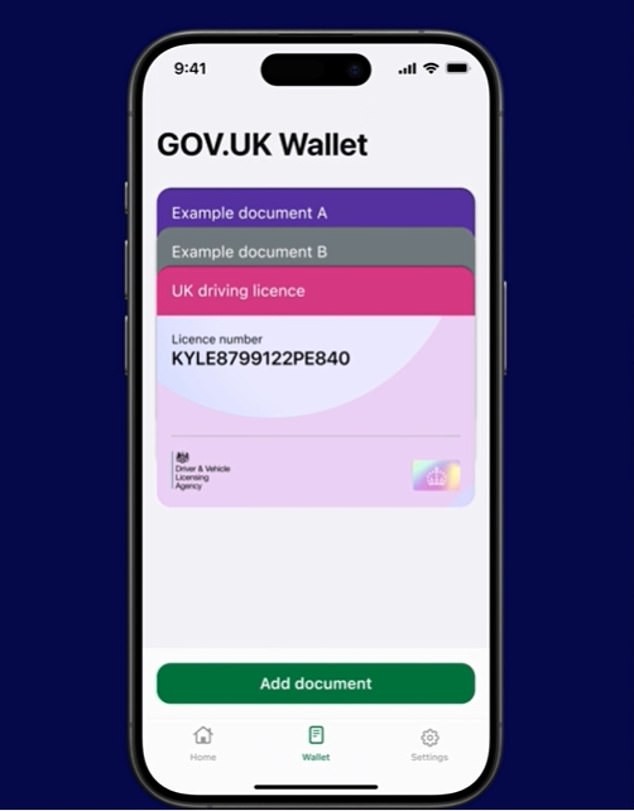Digital ID push at Labour conference: Starmer signals plan to track every resident, amid migrant-crisis tensions and dystopian warnings
Sir Keir Starmer is expected to unveil plans to introduce digital identification cards for people living in the UK at the Labour Party conference later this month. The prime minister has been exploring the idea in recent weeks, and while the finer details are still being ironed out, an announcement could come as early as the conference, which begins on September 28. According to a Financial Times report, the Digital ID plan is part of an effort to overhaul Britain’s asylum and immigration system. With record migrant arrivals crossing the Channel and housing tens of thousands of asylum seekers, the government faces mounting pressure to act. One option under consideration would extend digital IDs to all people legally entitled to reside in Britain—whether citizens or those with legal immigration status. The ID could be used for employment verification and rental agreements, though the scope may still be narrowed or revised.

In This Article:
What the plan would cover: universal digital IDs for all legally resident people
A source briefed on the matter told the Financial Times that digital IDs could be given to all people legally entitled to reside in Britain, whether they are citizens or have legal immigration status. The digital ID could be used for employment verification and housing rental agreements, though officials may still narrow the scope or revisit the plan as details are worked out. In public statements, a government spokesperson has signaled openness to serious proposals that would help people access public services, including digital ID.

Why now: migrant pressures and housing strain push discussion forward
The Labour government is under pressure to curb record migrant arrivals crossing the Channel in small boats and to address the strain of housing tens of thousands of asylum seekers. Earlier this month, the PM said digital IDs could "play an important part" in making Britain less attractive to illegal migrants. The policy is being framed as part of broader efforts to overhaul immigration rules and enhance border controls.

The backlash: warnings of a dystopian future and security concerns
Critics have warned the scheme could lead to an invasive, insecure, and discriminatory system. Rebecca Vincent of Big Brother Watch warned: "Mandatory digital ID… will not stop small boat crossings, but it will create a burden on the already law-abiding population to prove our right to be here. It will turn Britain into a 'Papers, please' society." Gracie Bradley of Liberty called a new scheme likely to be "even more intrusive, insecure and discriminatory" than the 2006 plan to introduce ID cards; she argued an expensive and unjustified ID scheme threatens rights. Conservative justice spokesman Robert Jenrick criticized the proposal, saying employers who hire illegally do so knowingly, and requiring ID checks would not solve illegal migration.

What comes next: government stance and the path forward
A government spokesperson said Britain is committed to expanding the use of technology to make it easier to access services, pointing to existing systems such as e-visas and the NHS app. They added, "We will look at any serious proposals that would help people access public services, including digital ID." The long-term fate of the plan remains unclear, with details still being debated and subject to change, as Labour weighs civil liberties concerns against immigration controls and public service efficiency.


